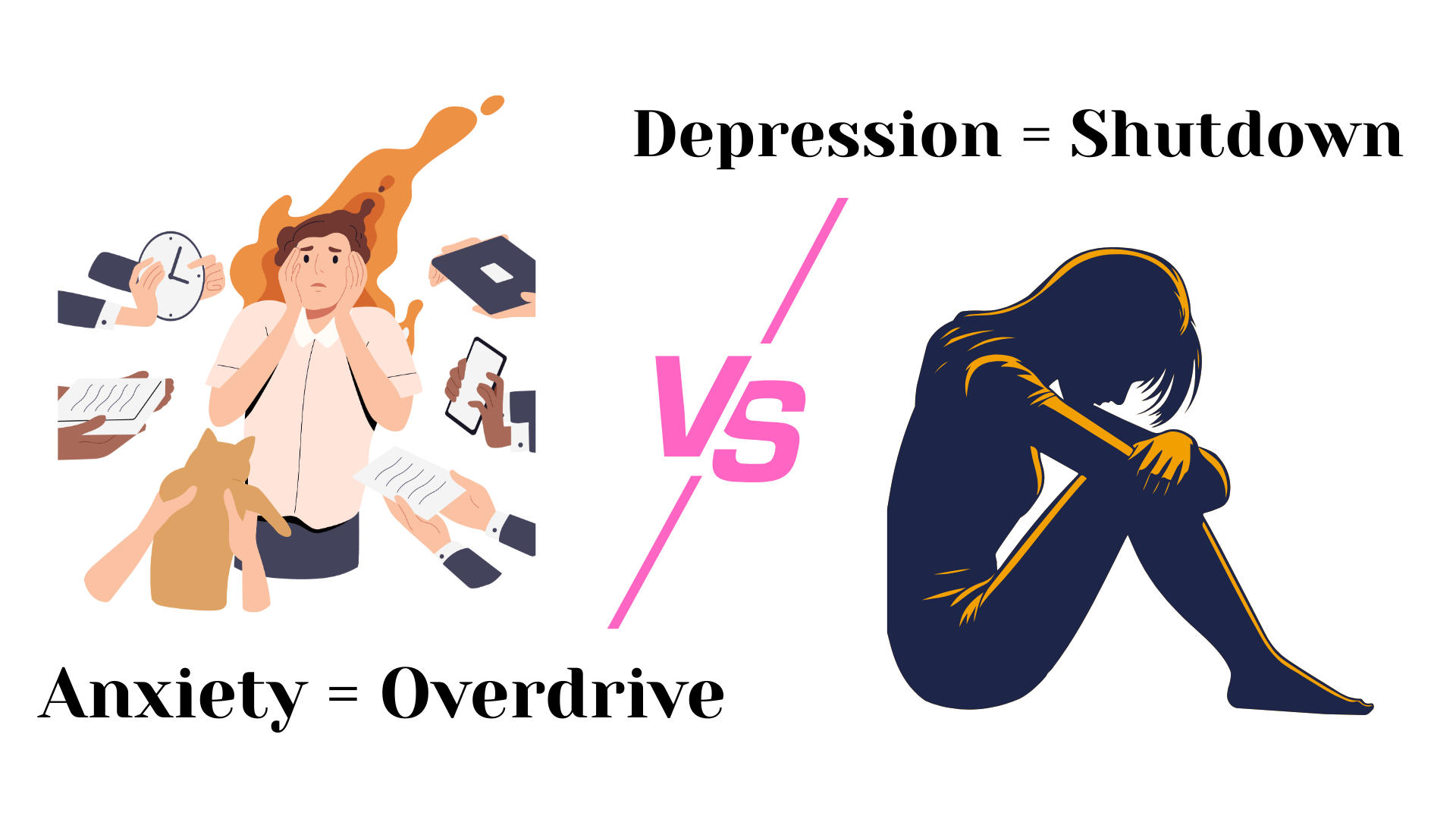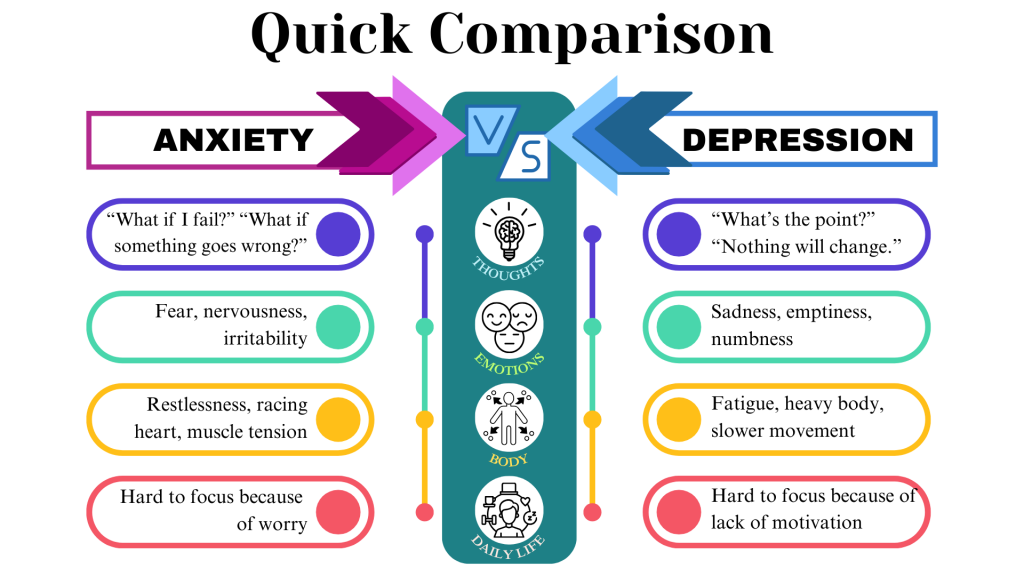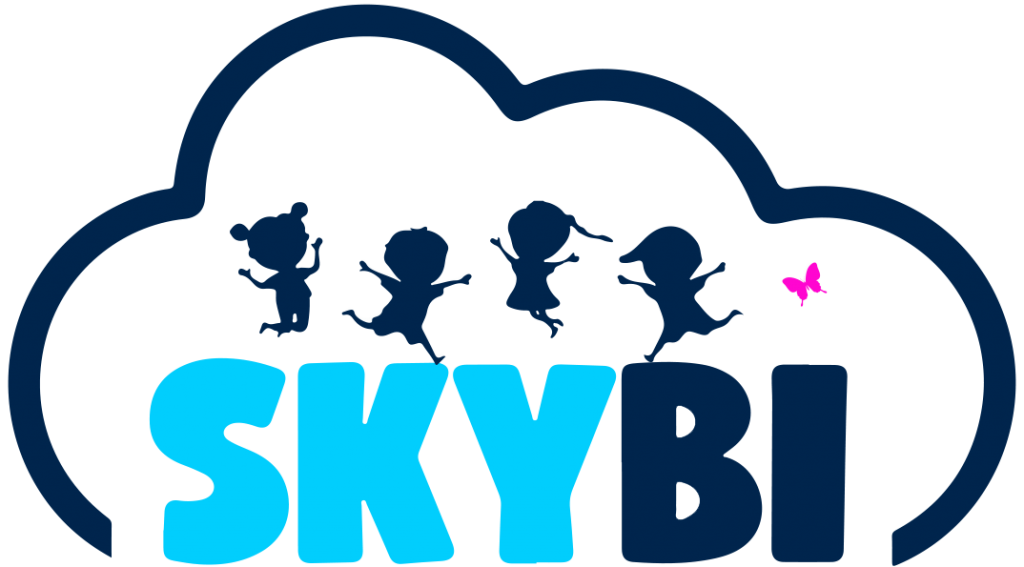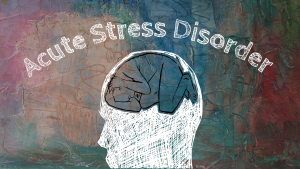13-9, 2 Rio Tower, Persiaran Rio, Bandar Puteri, 47100 Puchong, Selangor, Malaysia.

Anxiety vs Depression: How to Tell the Difference and Why It Matters
- On
- InUncategorized
You’re scrolling late at night, searching for answers: “Why do I feel this way?” Maybe you’re exhausted all the time, but your mind never stops racing. Or maybe you feel nothing at all—just emptiness and a lack of motivation. Is it anxiety, depression, or somehow both?
You’re not alone. Many students, working adults, and even stay-at-home parents go through this same confusion. Because the symptoms often overlap, it’s easy to mislabel what you’re experiencing—and that can delay getting the right kind of help.
This blog will break down anxiety vs depression, highlight the warning signs, and show you how a simple mental health test can help you take the first step toward clarity.
Anxiety feels like your brain is stuck in “what if” mode:
- Constant worrying, even about small things
- Restlessness or feeling tense
- Racing thoughts that won’t let you sleep
- Physical signs like a pounding heart or sweaty palms
Depression, on the other hand, feels like an emotional shutdown:
- Persistent sadness or emptiness
- Lack of motivation to do everyday tasks
- Hopelessness and guilt
- Low energy and withdrawal from people or activities
👉 Think of it this way: anxiety pushes you into overdrive, while depression pulls you into slow motion.
Anxiety = high-energy tension.
Depression = low-energy shutdown

Shared Symptoms That Often Cause Confusion
It’s not always black and white – here’s where the overlap confuses many people.
Both anxiety and depression can cause:
- Trouble sleeping
- Fatigue or low energy
- Difficulty concentrating
- Irritability or mood swings
This is why many people wonder if they’re “just stressed,” “burned out,” or facing something more.
Professionals often use the Depression Anxiety Stress Scale (DASS) to measure these overlapping symptoms. It helps identify whether you’re leaning more toward anxiety, depression, or experiencing both at the same time.
Why It Matters:
The Cost of Misunderstanding Your Symptoms
If you misinterpret your symptoms, you might:
Try coping strategies that don’t work (like overworking when you’re actually burned out)
Withdraw from friends or family when you actually need support
Delay getting help until the symptoms become overwhelming
Whether you’re a student struggling to keep up with classes, an employee drained by constant pressure, a freelancer battling endless deadlines, or a parent juggling responsibilities, recognising whether it’s anxiety vs depression is key to finding the right kind of support.
The Role of a Mental Health Test in Getting Clarity
Taking a mental health test online is often the easiest first step. Tools like the DASS provide a structured way to check your emotional well-being.
Here’s what you need to know:
✅ It’s private and confidential—no one sees your results but you.
✅ It helps you understand whether anxiety, depression, or both might be affecting you.
✅ It’s not a diagnosis, but it’s a safe starting point before speaking with a professional.
Many people now turn to an online mental health test as their first step because it’s fast, easy, and reassuring.
👉 Try the Skybi Psychological Screening Tool to get a clearer sense of what’s happening beneath the surface.
How Skybi Can Support Your Next Step
At Skybi, we understand how challenging it can be to navigate your emotions alone. That’s why we provide:
- Evidence-based screening tools like the DASS
- Licensed mental health professionals ready to guide you
- A non-judgmental space where you can share openly—whether you’re a student, professional, or parent
💭 Still unsure if what you’re feeling is anxiety, depression, or both?
👉 Curious where you stand? Start with a free, private screening on Skybi
💬 Or message us on WhatsApp for friendly, confidential support: Chat With Skybi Now







